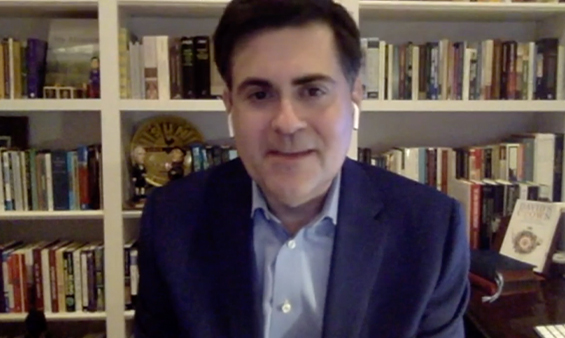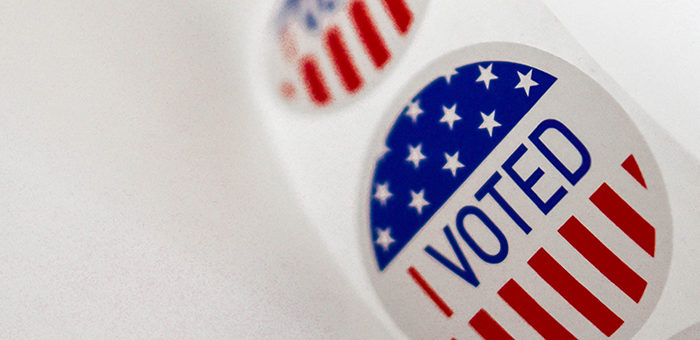
On a 10-point scale, evangelical leaders ranked the importance of moral character and behavior for those holding political office at 9.4 on average, with 10 being “very important” and one being “not important at all,” according to the October Evangelical Leaders Survey.
Leith Anderson, president of the National Association of Evangelicals (NAE), said, “While watching a recent cable news program I heard one of the anchors say that ‘morality is over rated.’ As a Christian who believes the Bible, I disagree. Let’s give morality a high rating.”
“Those who serve in political office are human. They are susceptible to the same failings that are common to everyone,” said Eric Skytte, a lawyer who serves as lay member on the NAE board. “But, if we view political office as requiring the ability to wisely exercise power as an act of service to others, then having people in those positions who consistently model moral character and behavior is very important.”
While leaders like Skytte expressed the importance of moral character and behavior, many also indicated that morality alone does not qualify one for political leadership. Jay Barnes, president of Bethel University, said, “Good character cannot overcome incompetence. Competence cannot overcome bad character. We don’t live in a perfect world, but I always hope and pray for both.”
Nicole Baker Fulgham, president of The Expectations Project, said, “I don’t expect political leaders to have a moral and theological framework that aligns exactly with my faith, since we are a religiously plural nation. But, leaders are held to a higher standard. I expect them tell the truth and operate with a sense of personal gratitude and humility that acknowledges the care we’ve entrusted to them. I also need them to demonstrate the same basic respect for others that I expect my children to have.”
Several commenters noted the moral ambiguities involved in selecting among flawed candidates. Craig Williford, president of Multnomah University, noted that moral character and issues go hand in hand for him. “If my choices are two people with limited moral character, I will choose the one who will support my issues. If one person shows moral character, but is opposed to some issues I consider critical, I place the issues ahead of moral character,” he said.
The Evangelical Leaders Survey is a monthly poll of the Board of Directors of the National Association of Evangelicals. They include the CEOs of denominations and representatives of a broad array of evangelical organizations including missions, universities, publishers and churches.



 View All Surveys
View All Surveys 



























